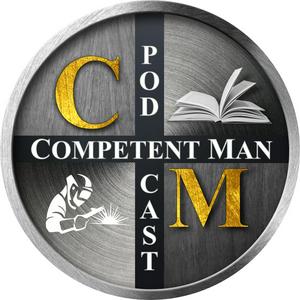Richard Duncan: Trump’s Radical Plan to Take Control of the Fed and Spark an Economic Boom
Richard Duncan, a macro economist and author, discusses his views on the economic strategies proposed by former President Donald Trump, particularly focusing on Trump's potential influence over the Federal Reserve and his plan to re-industrialize the United States. Duncan argues that Trump's strategy aims to reverse the massive U.S. current account deficit, which has fueled global economic growth since the 1980s but has also led to de-industrialization and a hollowed-out middle class in the U.S. Trump's plan, as outlined in a paper by Steven Moran, involves three steps: imposing high trade tariffs, threatening to withhold military defense unless countries comply, and convening a global accord to devalue the dollar and isolate China. Duncan highlights the potential consequences of this strategy, including reduced global economic growth, higher inflation, and increased interest rates. To mitigate these effects, Trump would need to take control of the Federal Reserve, which Duncan believes is Trump's ultimate goal. Duncan explains that by appointing or influencing key Federal Reserve governors, Trump could gain control over U.S. monetary policy. This would allow him to implement aggressive quantitative easing, driving down long-term interest rates and potentially sparking an economic boom and a surge in asset prices. However, this approach also carries significant risks, including high inflation, a crashing U.S. dollar, and potential economic instability. Duncan also discusses the geopolitical implications of Trump's strategy, particularly in relation to China. He argues that China's rapid technological and economic advancements pose a significant threat to U.S. national security. Duncan advocates for a U.S. sovereign wealth fund to invest in future technologies, ensuring that the U.S. remains competitive and secure. The conversation also touches on the potential challenges and opportunities that could arise if Trump's economic strategy is implemented, including the risks of increased income inequality and the potential for a future economic bust. Duncan concludes by emphasizing the importance of U.S. investment in new industries and technologies to maintain its global competitiveness and national security.


